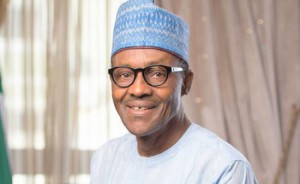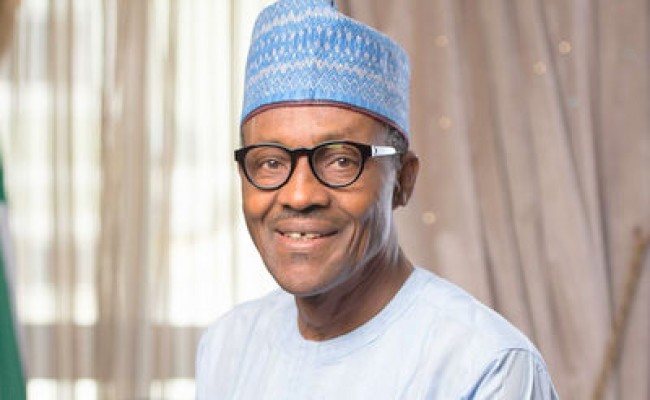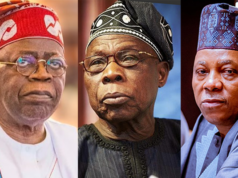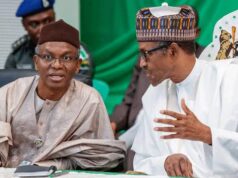 Nigeria’s President Muhammadu Buhari has noted that the cost of producing petroleum products has become unnecessarily high in the country.
Nigeria’s President Muhammadu Buhari has noted that the cost of producing petroleum products has become unnecessarily high in the country.
Buhari made this known at the State House in Abuja on August 19, Wednesday, while meeting with members of the Independent Petroleum Producers Association.
The president in statement by Garba Shehu, his media aide, assured the oil traders that his government would take proper actions to keep and heighten security in their areas of operation, stating that better security would help to lower production costs, which, he said, had become unnecessarily high in the country.
He assured indigenous companies working in Nigeria’s oil and gas sphere of the full support and protection of his government.
However, Nigerian leader praised their determination to change the participation of the residents in the country’s oil industry and vowed to do all within his powers to address the problems which they now face.
President Buhari has also ordered the management of the Nigerian National Petroleum Corporation (NNPC) to work more closely with the indigenous oil producers to resolve the challenges which they listed to him.
“We have the manpower for a more effective participation in our oil industry. We will give you all possible encouragement. You certainly won’t be ignored under my leadership,” the president said.
Austin Avuru, who represented the Nigerian oil producers, was cited as making known to Buhari problems currently being faced by the group such as security and the funding of joint ventures with the NNPC.
Avuru told the president that the indigenous oil producers were already making important contributions to the development of the Nigerian economy and could do more with the support of the incumbent government.
The statement also cited Buhari as praising current efforts by the Ministry of Culture, Tourism and National Orientation to generate more revenue through its various agencies.
Recall, fuel scarcity has been a recurrent problem in Nigeria with another round experienced at the end of the first quarter of 2015. In line with this, long queues of motorists resurfaced at filling stations across the nation as importers of the product were said to be handicapped by the delay in the payment of their subsidy arrears.







